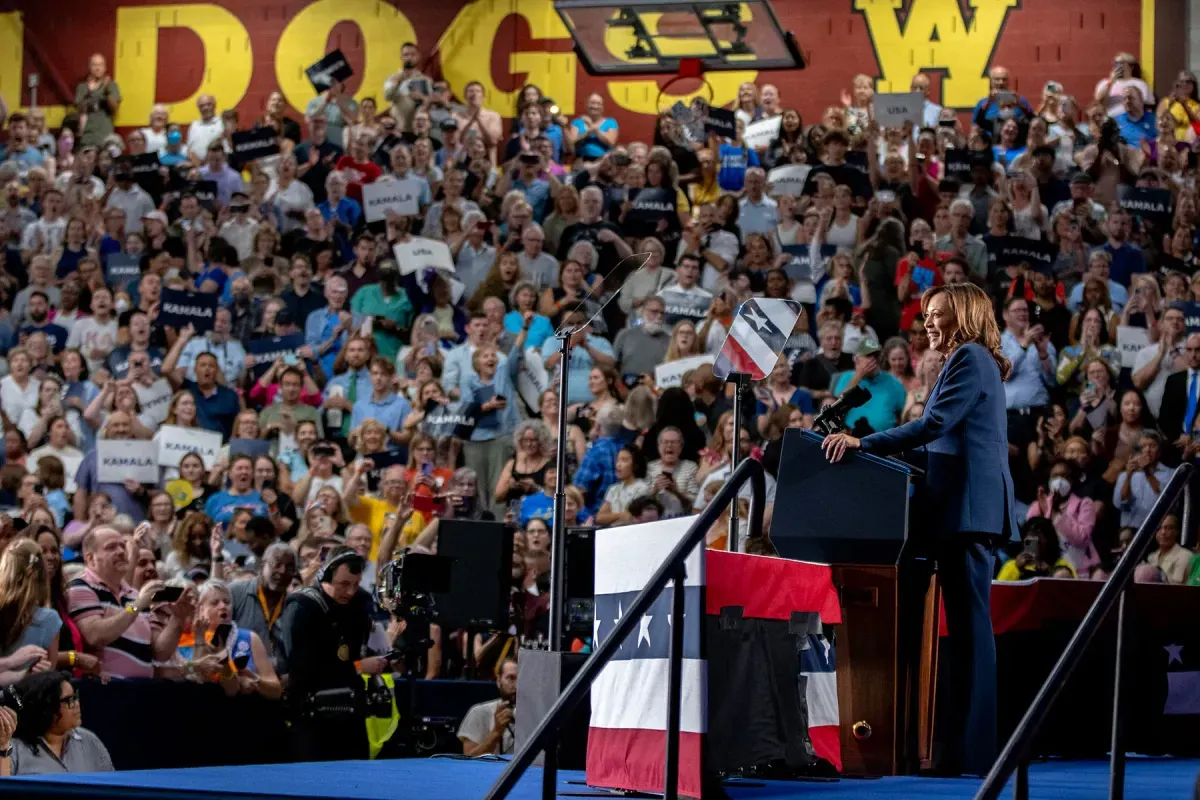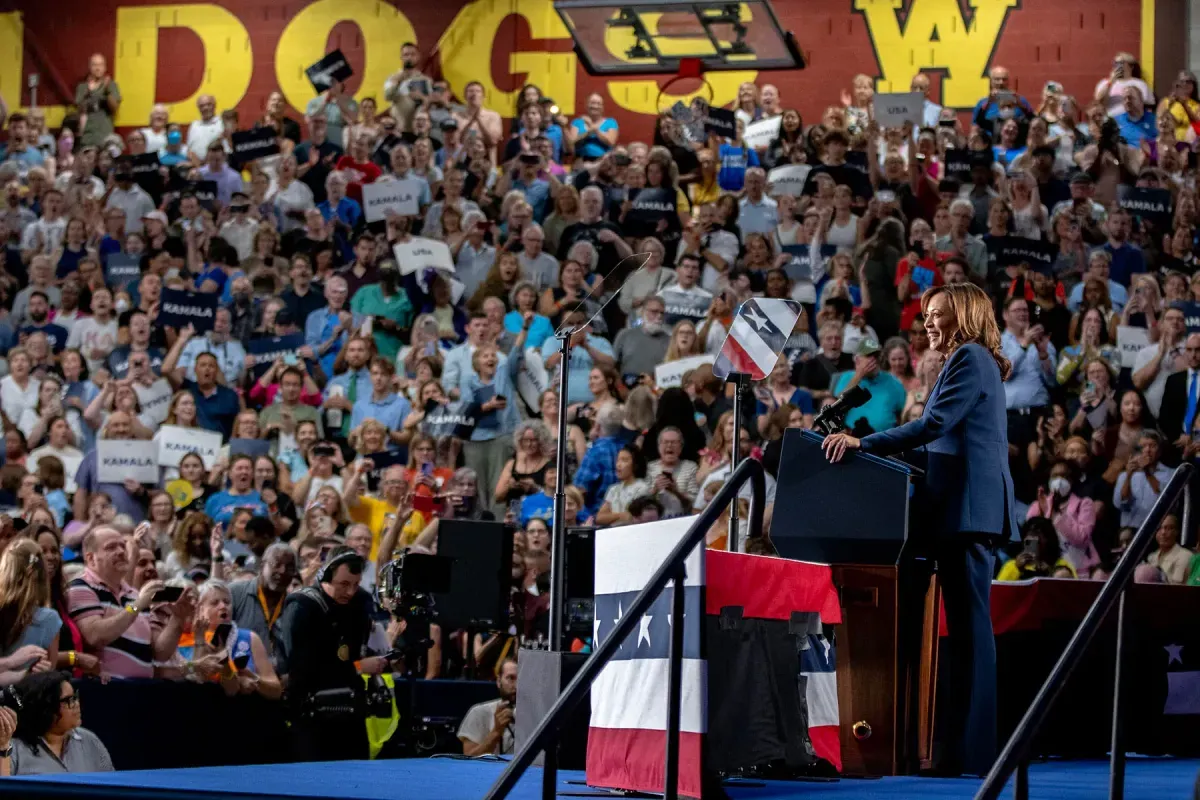Harris Courts GOP Endorsements in Tight Presidential Race
With the 2024 election approaching, Kamala Harris employs a strategy to attract Republican endorsements. This tactic aims to sway undecided voters but risks alienating her liberal base.

As the 2024 U.S. presidential election draws near, Kamala Harris is employing a bold strategy to secure victory. With just six weeks until November 5, the Democratic candidate is actively courting Republican endorsements through her "Republicans for Harris" campaign.
This approach has yielded notable results, including support from Dick Cheney, the 46th Vice President of the United States. Cheney, who served from 2001 to 2009, is a significant figure in Republican politics, despite his controversial legacy. The Harris campaign has also garnered endorsements from former Trump administration officials and other GOP strategists.
"We are proud to have the support of Americans from across the political spectrum who recognize the importance of this election."
The strategy aims to attract undecided voters and potential party switchers in crucial battleground states. Recent polling data indicates that approximately 14% of voters in swing states may still change their minds, compared to 7% who remain undecided. This makes switchers particularly valuable, as they effectively represent a two-vote swing.

However, this approach is not without risks. Dick Cheney's approval rating stands at just 33%, according to YouGov data. His association with the Iraq War and other controversial policies makes him unpopular among many Democrats. This has raised concerns that the Harris campaign may alienate its liberal base, particularly young voters who are crucial for turnout.
The Harris campaign faces a delicate balancing act. While attempting to broaden its appeal, it must also maintain support from progressives who were initially skeptical of the Biden administration's policies, especially regarding the ongoing Gaza conflict.
Kamala Harris, who made history as the first female, Black, and South Asian American vice president in 2021, is now navigating a complex political landscape. Her team has adopted a cautious "Ming vase" strategy, focusing on preventing losses rather than making bold moves. However, the pursuit of high-profile Republican endorsements represents a calculated risk.
As early voting begins and postal ballots are distributed, the Harris campaign is betting that this strategy will help secure victory in an incredibly tight race. With no candidate leading by more than four points in any battleground state, every vote – and every endorsement – could prove decisive on November 5.


































